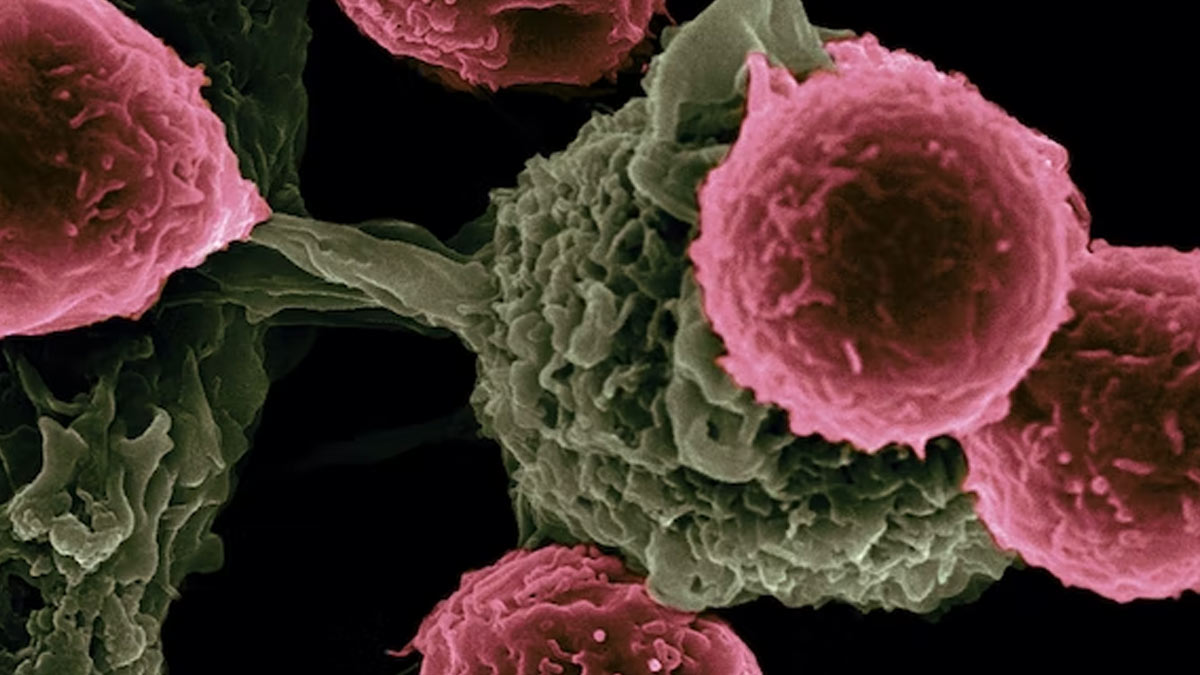
An international team of researchers has discovered a novel mechanism that allows cancer cells to spread throughout the body, providing a potential new target to stop metastasis, which is to blame for 90% of deaths related to cancer.
Table of Content:-
The team's results, which were published in Nature, show that cancer cells undergo a faster movement when they are surrounded by thicker fluids. This is a change that occurs when lymph drainage is impaired by a primary tumour
About the Study
John D. Lewis, professor and Bird Dogs Chair in Translational Oncology at the University of Alberta's Faculty of Medicine & Dentistry stated that it is the first time that the viscosity of the extracellular fluid is looked at in detail.

Also Read: How Breast Cancer Screening Methods Have Evolved Over The Years
With this discovery, Lewis is hopeful to “potentially use drugs to basically short-circuit that signalling pathway and encourage cancer cells to slow down, or even maybe to stop.”
The Lewis Lab was invited to participate in the experiment run by scientists at Johns Hopkins University because of its proficiency in imagining human cancer cells in real-time motion using the chorioallantoic membrane from fertilised chicken eggs that resemble a placenta.
Findings of the Study
The research team's contribution to the paper consisted of clearly demonstrating how cancer cells modify their gene expression and become more aggressive when they come into contact with more viscous fluid. These cells remain more aggressive even after the viscosity is reduced.
The ability of cancer cells to escape the bloodstream and metastasise is altered when this signalling pathway is perturbed, Lewis stated.
Also Read: Expert Explains Urinary Bladder Cancer & Its Treatment
The multidisciplinary research team has now published three papers. Lewis attributes the majority of his team's work to senior research associate Konstantin Stoletov. He warns that it can take 10 to 15 years to develop and test a medicine once a new therapeutic target is found.
Image Credit: Unsplash
Also watch this video
Read Next
WHO Suggests New Name For Monkeypox
How we keep this article up to date:
We work with experts and keep a close eye on the latest in health and wellness. Whenever there is a new research or helpful information, we update our articles with accurate and useful advice.
Current Version